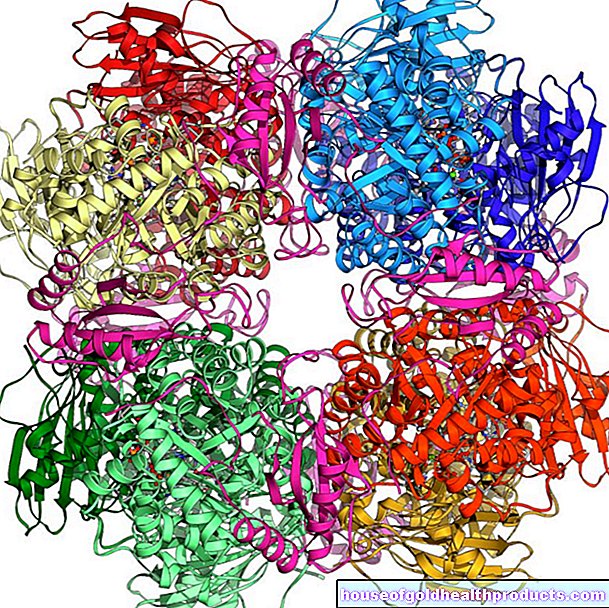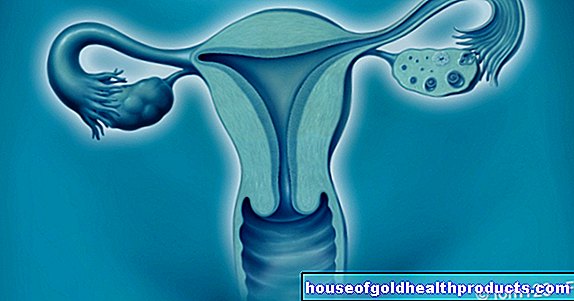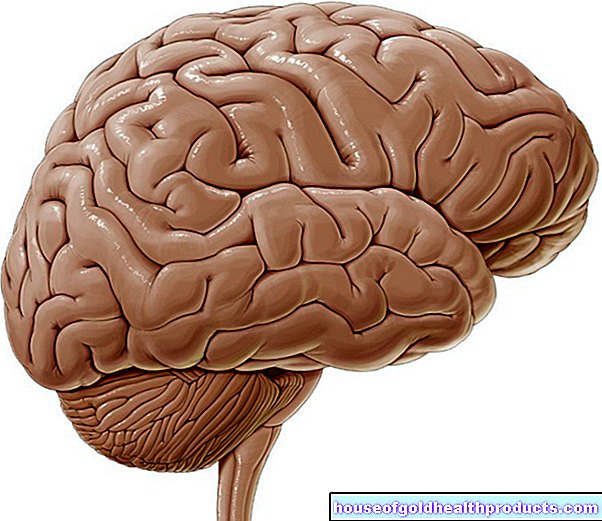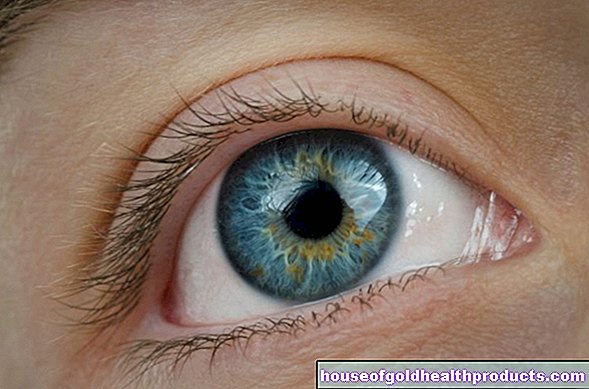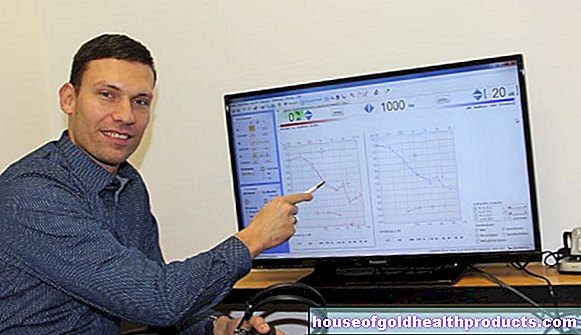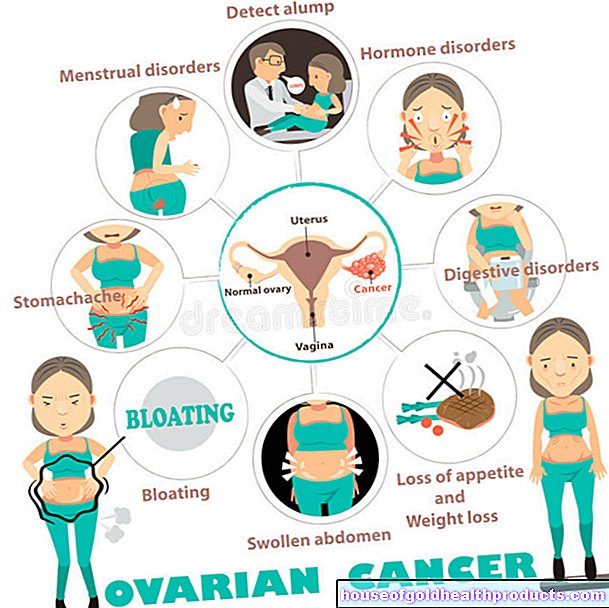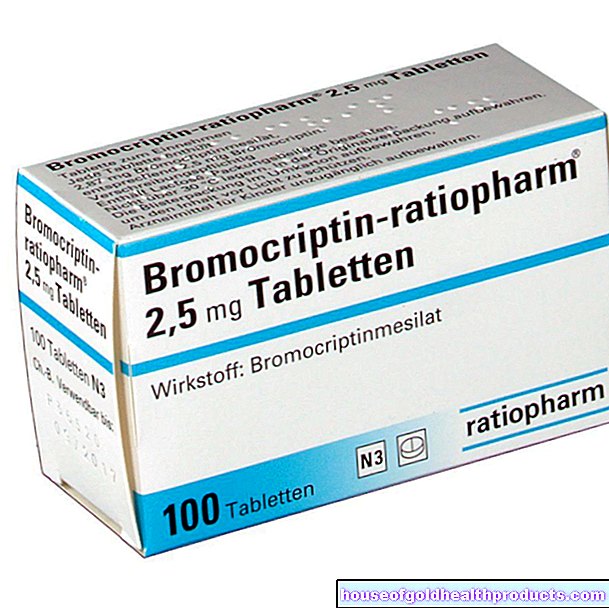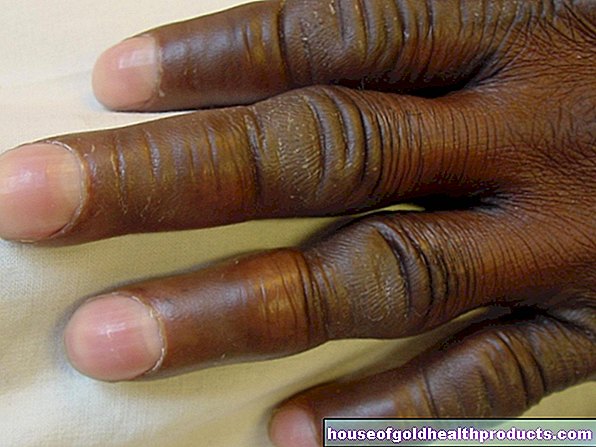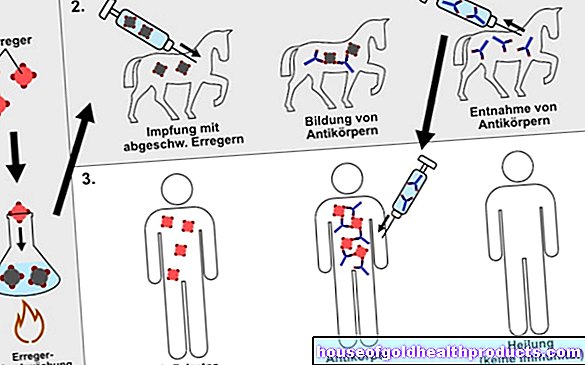WHO: At least 21 minutes of exercise per day
Christine Albert studied German linguistics and literature as well as Scandinavian studies at the Albert Ludwigs University in Freiburg. She is currently doing a traineeship at Hubert Burda Media and is writing, among other things, for
More about the experts All content is checked by medical journalists.Keeping fit by running, swimming, cycling - this is the advice of the World Health Organization - at least 21 minutes a day. But it is also important to strengthen the muscles. Few people think of that.
According to the World Health Organization (WHO), over 25 percent of adults and around 80 percent of adolescents do not exercise enough. Even in times of corona lockdowns, sporting activity is important, the WHO writes in its new guidelines on physical activity: "Every movement counts," said WHO chief Tedros Adhanom Ghebreyesus. "We all need to move around every day, in a safe and creative way."
Regular exercise lowers the risk of disease
For adults, the WHO recommends at least two and a half to five hours of exercise every week. Mathematically, that is an average of at least 21 minutes per day. This also applies to people over 65 and people who live with chronic illnesses or disabilities. The WHO writes that exercising muscles at least two days a week has an additional health effect for adults.
For children and adolescents, even 60 minutes of exercise a day are appropriate. You should do intensive training three days a week.
According to the WHO, people aged 65 and over should train their balance and coordination for at least three days and strengthen their muscle strength for at least two days in order to avoid falls.
According to WHO estimates, five million premature deaths worldwide could be prevented each year if people were more physically active. A lack of physical activity and the illnesses that result from it cost health systems worldwide 54 billion dollars (45 billion euros) a year. Regular exercise helps prevent heart disease, type II diabetes and cancer. They can alleviate symptoms of depression and anxiety, slow down a decline in mental abilities and improve memory.
Weight training is also important
Exercises such as push-ups, squats, weight training with dumbbells or on machines are used to build and maintain muscles. More and more studies suggest that such strength training is at least as important to health as running, cycling or other types of endurance training. Regular muscle building exercises have been linked to a lower risk of diabetes, depression and cardiovascular disease, among other things.
Accordingly, in addition to the advice on other sports, the National Recommendations for Physical Activity and the Promotion of Physical Activity from Germany say: "Adults should also do muscle-strengthening physical activities on at least two days a week."
However, the study by the University of Southern Queensland in Australia shows that very few adults in Europe follow this recommendation. A team led by Jason Bennie analyzed 280,600 data sets from a European health survey that was carried out in 2013 and 2014 in all EU member states as well as Iceland and Norway. Belgium and the Netherlands are not included due to a lack of data.
Result: A mere 17.3 percent of those surveyed said they did strength training two or more days a week. The busiest athletes were in the north (Iceland, Sweden, Denmark), the lowest numbers in the south-east (Romania, Malta, Cyprus) as well as Poland and Croatia. How long the respective training lasted was not asked.
The researchers also found that older age, little endurance training and lower income or low education were associated with a lower likelihood of exercising sufficient muscle strength. Being overweight or obese also had a negative impact. Overall, women did less strength training than men. For the authors of the study, all of these factors provide indications as to which groups should be the focus of possible health interventions. (approx / dpa)
Tags: therapies pregnancy gpp